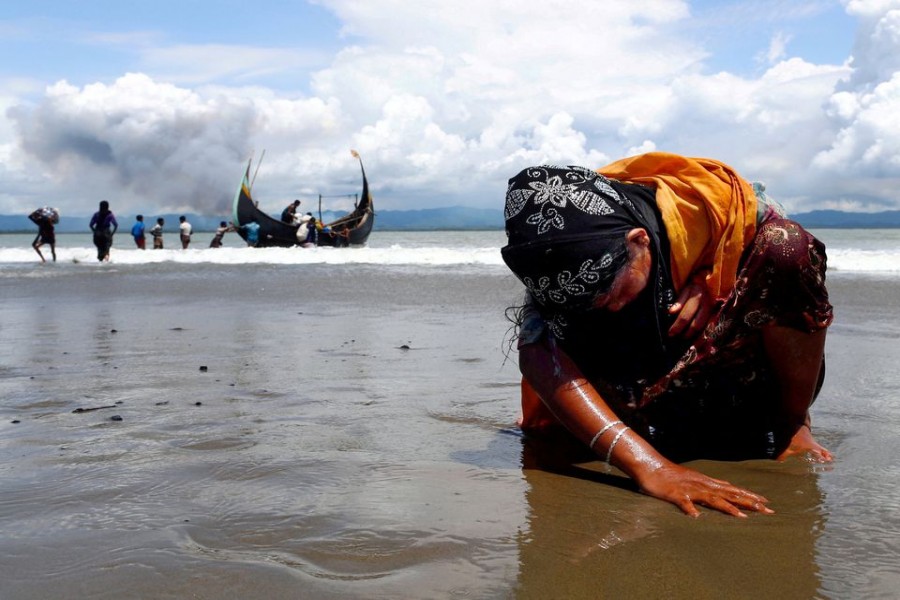The World Court is expected to rule on Friday on Myanmar's objections to a genocide case over its treatment of the Muslim Rohingya minority, a decision that could pave the way for the case to be heard in full.
Myanmar, currently ruled by a military junta that seized power in 2021, has argued that Gambia, which brought the suit, had no standing to do so at the top UN court, formally known as the International Court of Justice (ICJ).
Gambia, which took up the cause after its then-attorney general visited a refugee camp in Bangladesh, argues that all countries have a duty to uphold the 1948 Genocide Convention. It is backed by the 57-nation Organisation for Islamic Cooperation in a suit aiming to hold Myanmar accountable and prevent further bloodshed.
A separate UN fact-finding mission concluded that a 2017 military campaign by Myanmar that drove 730,000 Rohingya into neighbouring Bangladesh had included "genocidal acts".
If judges reject Myanmar's objections, it paves the way for the case to be heard in full on its merits -- a process that will take years. A ruling in Myanmar's favour would end the ICJ case.
While the court's decisions are binding and countries generally follow them, it has no way of enforcing them.
In a 2020 provisional decision it ordered Myanmar to protect the Rohingya from genocide, a legal victory that established their right under international law as a protected minority.
However Rohingya groups and rights activists say there has been no meaningful attempt to end their systemic persecution and what Amnesty International has called a system of apartheid.
Rohingya are still denied citizenship and freedom of movement in Myanmar. Tens of thousands have now been confined to squalid displacement camps for a decade.
The junta has imprisoned democratic leader Aung San Suu Kyi, who defended Myanmar personally in 2019 hearings in The Hague.


